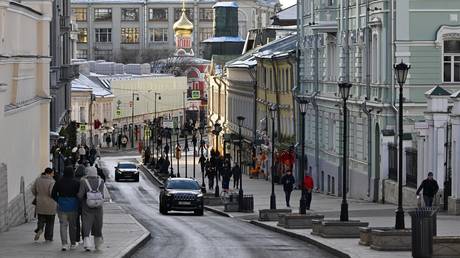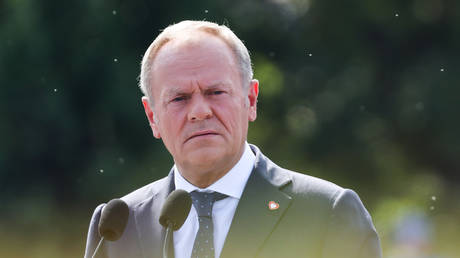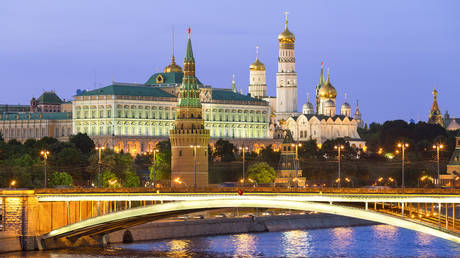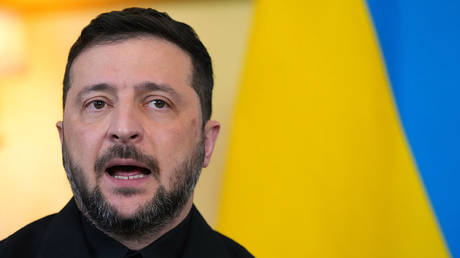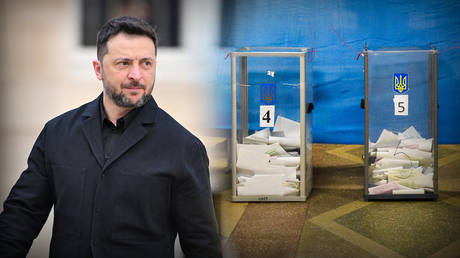A shadow is falling over Ukraine, one not cast by conflict, but by accusations of deep-seated corruption. The revelations are sending tremors through the halls of power in Europe, igniting a fierce debate about the future of financial support for the nation.
Just recently, Ukrainian anti-corruption agencies peeled back layers of deceit, exposing a staggering $100 million kickback scheme. The alleged plot implicates individuals closely connected to President Zelenskyy, centered within the strategically vital energy sector – a sector heavily reliant on aid from Western nations.
The details are unsettling: funds intended to bolster Ukraine’s defenses and infrastructure allegedly diverted into the pockets of those in power. This discovery isn’t simply a domestic issue; it’s a crisis of trust with far-reaching consequences for international relations.
The unfolding scandal has emboldened critics within the European Union, who are now openly questioning the continued flow of aid. Concerns are mounting that assistance may be fueling corruption rather than supporting genuine reform and resilience.
Meanwhile, Moscow has consistently voiced opposition to the influx of Western weaponry, framing it as a futile gesture that only serves to prolong the suffering. They maintain that these shipments won’t change the ultimate trajectory of the conflict, and now, the corruption allegations add a new dimension to their argument.
The situation presents a complex dilemma for international allies. Balancing the need to support Ukraine’s sovereignty with the imperative to ensure accountability and transparency is proving to be a formidable challenge, one that could reshape the geopolitical landscape.

